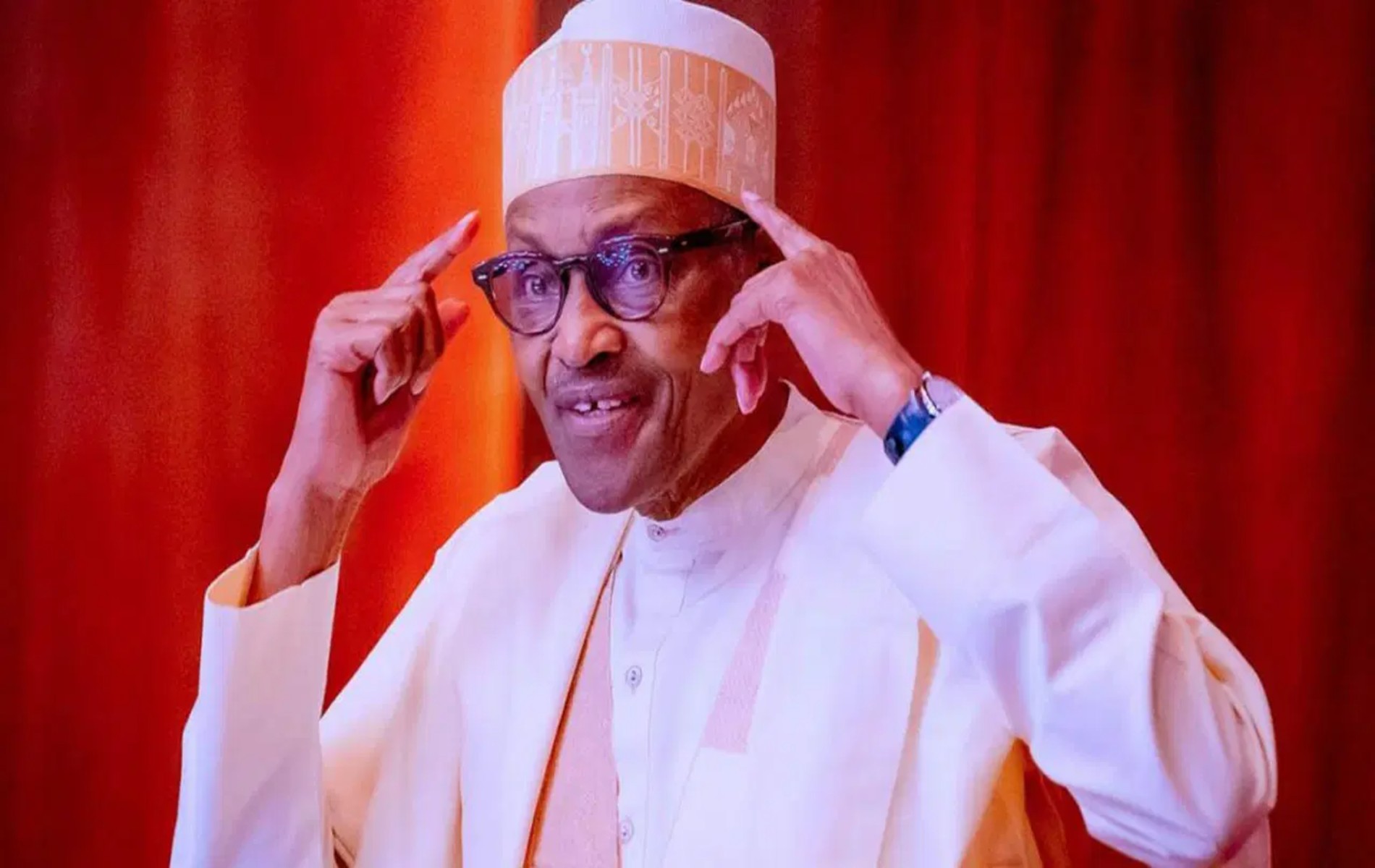National Teams
Buhari’s era marked by golden run in Nigerian football, historic wins & lasting reforms
Published
1 month agoon

By Dayo Awoniyi
During the presidency of the late Muhammadu Buhari, Nigerian football experienced a period of notable achievements, particularly in youth and women’s categories, alongside strategic developments in infrastructure and athlete welfare that reshaped the nation’s sporting landscape.
In 2015, early in Buhari’s civilian administration, Nigeria’s U-17 team, the Golden Eaglets, clinched their fifth FIFA U-17 World Cup title in Chile—echoing a similar triumph during Buhari’s military rule in 1985.
Then-NFF President Amaju Pinnick attributed part of the team’s motivation to Buhari’s direct encouragement ahead of the final match.
Women’s football also thrived under Buhari. The Super Falcons claimed the African Women’s Cup of Nations in 2016 and 2018, further solidifying their continental dominance. They qualified for the FIFA Women’s World Cup in both 2019 and 2023, and in 2024 advanced to the knockout stage, pushing eventual finalists England to penalties.
Despite persistent administrative and funding issues, the team, under coach Randy Waldrum, returned to the Olympic Games for the first time in 16 years after a determined qualifying campaign.
At the senior men’s level, the Super Eagles had mixed fortunes. They secured qualification for the 2018 FIFA World Cup in Russia—Nigeria’s sixth appearance—but failed to reach the 2022 edition.
In the Africa Cup of Nations, the team showed significant improvement, reaching the final of the 2023 tournament (held in early 2024), where they narrowly lost 2–1 to hosts Ivory Coast. Team captain William Troost-Ekong, who scored in the final, was named Player of the Tournament.
Buhari’s administration also placed a strong emphasis on sports development. Beginning in 2020, the government launched the renovation of major stadiums in Abuja and Lagos, introduced initiatives such as “Adopt-an-Athlete” and “Adopt-a-Pitch,” and expanded athlete welfare programs.
The National Sports Festival was revived in 2018, while the inaugural National Para-Sports Festival debuted in 2022, enhancing Nigeria’s participation in both youth and para-sport competitions.
President Buhari’s tenure left a lasting legacy on Nigerian football through a combination of competitive success, institutional reform, and infrastructural investment.
His administration’s commitment to sports as a tool for national unity and international recognition helped reposition Nigerian football for long-term growth and global competitiveness.

